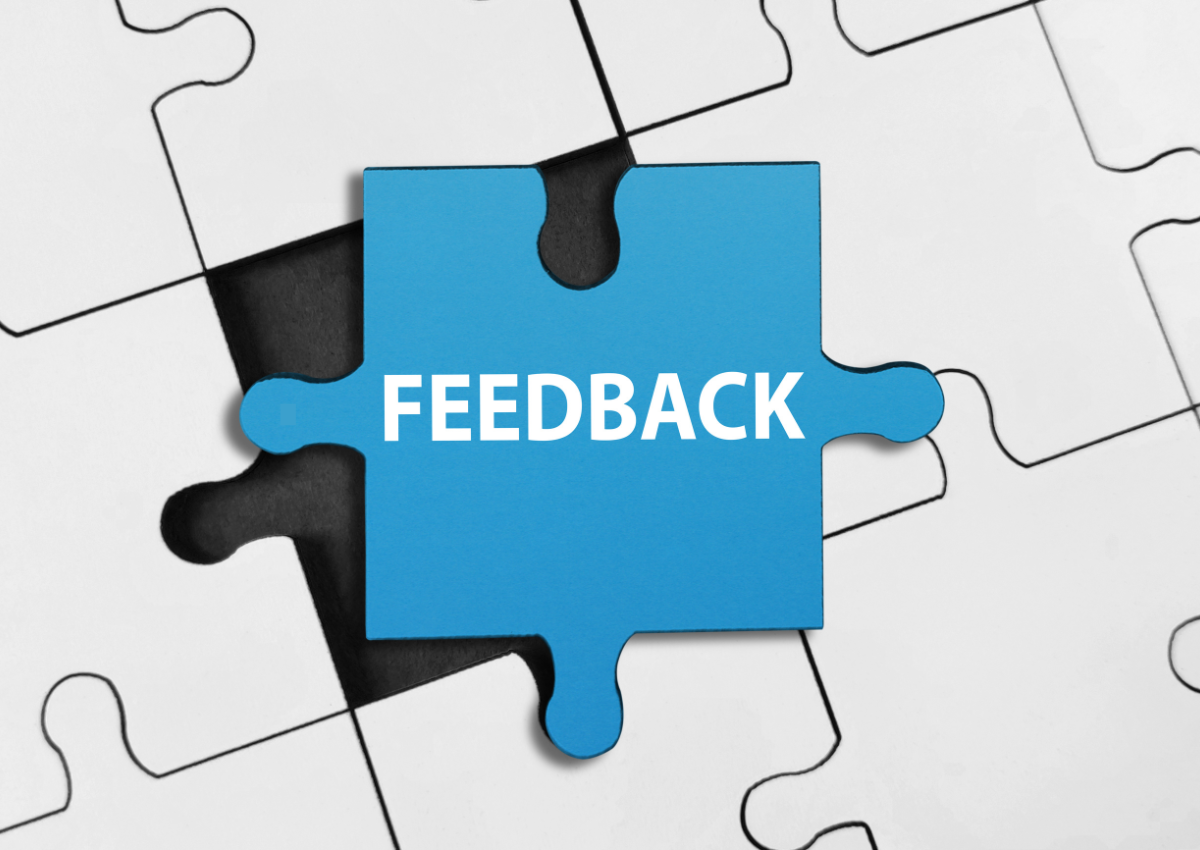I was a schoolteacher in the 1990s and educators spoke often about the ideal of being a ‘reflective practitioner’.
We were never told how we might do that or, indeed, explicitly what benefits would accrue from such a practice. We were just encouraged to reflect and I presume by some magical osmotic process we would improve as teachers.
A lot of similar such advice exists online for leaders today. So, in this article, I will provide a clear case for why you should consider using a kind of ‘Reflection 2.0’ as part of your regular leadership development toolkit, along with some advice about how you can do that in pragmatic, accessible ways.
Introducing Meta-reflection
Meta-reflection involves stepping back to examine not just the actions taken or even the reflecting you did (if any) about your actions, rather meta-reflection requires you to reflect on your reflections. (Stay with me on this as I promise this is deeply practical and speeds up your leadership development significantly!)
We can relatively easily reflect on something we have done, an interaction with one of our team members, or perhaps a client project. This first level of reflection is certainly helpful, especially if it is not a part of your normal practice. But the real power lies in your ability to reflect on those reflections.
It’s about understanding the ‘why’ and ‘how’ of your decisions and actions, not just the ‘what’. This deeper level of reflection can lead to significant personal and professional growth, enabling leaders to navigate complexities with greater wisdom and insight.
Enhancing Self-Awareness and Emotional Intelligence
Self-awareness is a cornerstone of effective leadership. Meta-reflection allows leaders to gain a clearer understanding of their strengths, weaknesses, motivations, and particularly areas they are currently unaware of.
By regularly engaging in this practice, leaders can develop a heightened sense of emotional intelligence—an essential skill for managing relationships and making informed, empathetic decisions.
As leaders reflect on their interactions and decisions, they become more attuned to their emotional responses and the impact these have on their teams. This increased emotional intelligence fosters a more inclusive and supportive work environment, enhancing team cohesion and productivity. Developing emotional intelligence as a leader is aided significantly by meta-reflection.
The greater depth that a leader has about what they do know about themselves, including things like the biases they hold, the self-limiting beliefs they hang on to etc., the more sophisticated their range of options are in any given circumstance. Greater self-awareness – the good and the bad – leads to greater levels of ‘other awareness’ that effective leaders possess.
Fostering a Culture of Continuous Improvement
Meta-reflection is not only a solitary activity; it can have a ripple effect throughout an organisation.
When leaders model reflective practices, they set a precedent for continuous learning and improvement. Encouraging team members to engage in meta-reflection promotes a culture where feedback is valued, and growth is prioritised.
This culture of reflection and improvement can lead to more innovative problem-solving and adaptability within the organisation. As team members learn to critically assess their work and learn from their experiences, the organisation as a whole becomes more resilient and agile.
Practical Steps to Incorporate Meta-reflection
Integrating meta reflection into your leadership practice doesn’t have to be daunting. Here are some practical steps to get started:
1. Schedule Regular Reflection Time
Set aside dedicated time each week for reflection. Use this time to think about recent decisions, interactions and outcomes. Ask yourself questions like: “What went well? What could have been done differently? What did I learn from this experience?” Then… and here is the key… look back at your reflections and ask yourself, “What are the reasons I am reflecting on these things in these ways?”
2. Maintain a Reflection Journal
I have periodically written a daily journal, from Morning Pages to performance diaries to Sentence Completion work. The common thread across all modalities of journaling is that they are incredibly helpful at reflecting on the ‘how’ of your day, not just the ‘what’. Writing down your thoughts can help clarify your reflections and track your progress over time. Reflecting on how and why you have written what you have written takes this activity to another level. For example, a reflection journal can serve as a valuable resource for reviewing your growth and identifying recurring patterns in your decision-making process.
3. Seek Feedback from Others
Engage with trusted colleagues, mentors or coaches to gain external perspectives on your actions and behaviours. This feedback can provide valuable insights that you might not see on your own. The key to moving this from reflection to meta-reflection would be to ask yourself questions such as, “Why am I responding to this feedback as I am?” or “When thinking about how I could do this differently, what other options am I not looking at and why?”
Overcoming Challenges
While the benefits of meta-reflection are clear, it’s not always easy to implement. Leaders often face time constraints and the pressure to deliver immediate results. However, the long-term benefits of meta-reflection far outweigh these challenges.
Here are two important strategies to overcome common obstacles:
Start Small: If you know you spend insufficient time reflecting then start small. Jumping straight into meta-reflection and/or committing significant time to the reflection practices can seem overwhelming, so start with small, manageable sessions. Even a few minutes a day can make a 10x difference.
Prioritise Meta-reflection as a Key Leadership Activity: Understand that meta-reflection is not a luxury but a critical component of effective leadership. Make it a non-negotiable part of your routine.
Conclusion
For C-suite executives and Chief People Officers, meta-reflection is a powerful tool for personal and organisational growth. By fostering self-awareness, emotional intelligence and a culture of continuous improvement, leaders can navigate the complexities of modern business with greater insight and effectiveness.
Embrace the practice of meta-reflection and unlock your full leadership potential.
Exigence provides a full suite of evidence-based business coaching solutions, driven by a desire to help individuals and teams to achieve their performance potential. Find out more here or book a call to talk through how we can support you.





